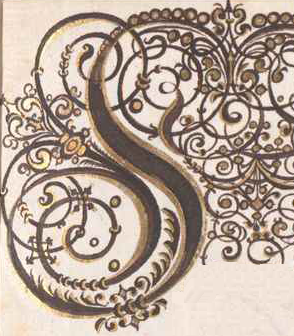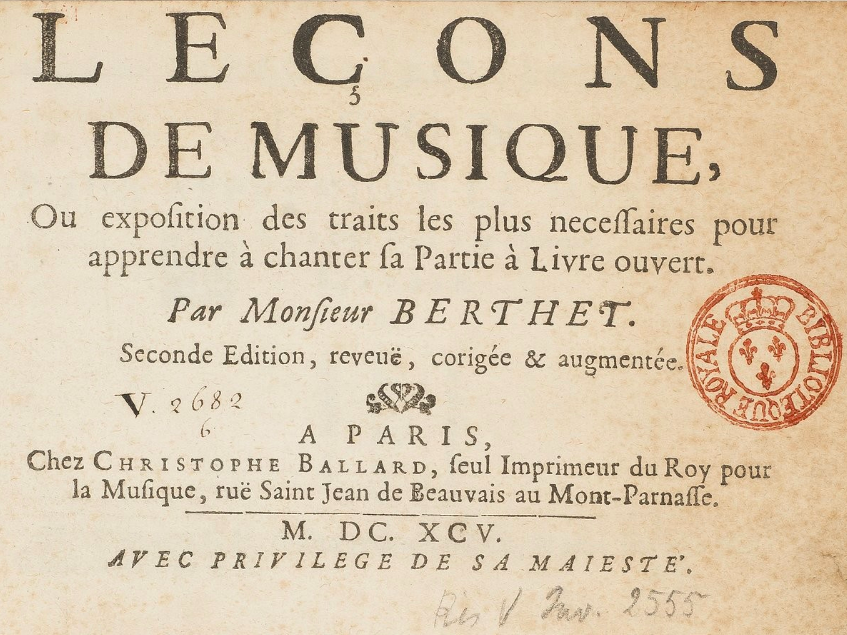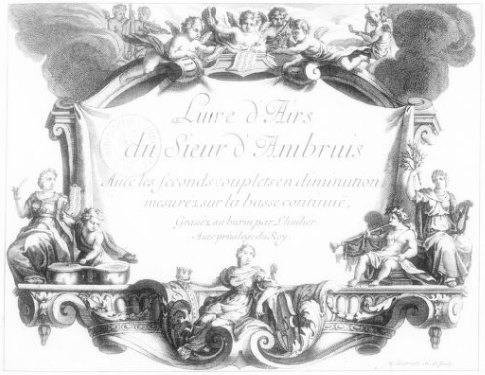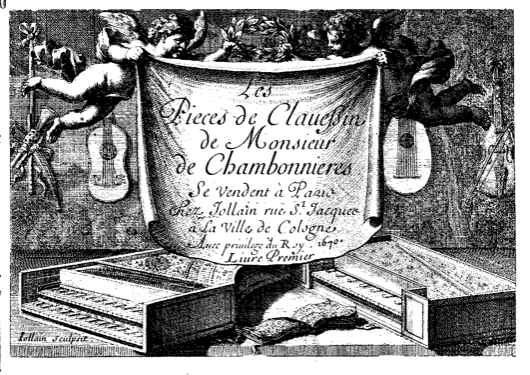Musical Improvisation in the Baroque Era
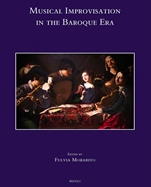
Musical Improvisation in the Baroque Era
Table of Contents
Fulvia Morabito
Introduction
Improvisation into Composition
David Chung, French Harpsichord doubles and the Creative Art of the 17th-Century Clavecinistes
Massimiliano Guido, Sounding Theory and Theoretical Notes Bernardo Pasquini’s Pedagogy at the Keyboard: A Case of Composition in Performance?
Javier Lupiañez – Fabrizio Ammetto, Las anotaciones de Pisendel en el Concierto para dos violines RV 507 de Vivaldi: una ventana abierta a la improvisación en la obra del ‘Cura rojo’
Josué Meléndez Peláez, Cadenze per finali: Exuberant and Extended Cadences in the 16th and 17th Centuries
Marina Toffetti, Written Outlines of Improvisation Procedures in Music Publications of the Early 17th Century: The Second (1611-1623) and Third (1615-1623) Book of Concerti By G. Ghizzolo and the Motet Iesu Rex Admirabilis (1625-1627) by G. Frescobaldi
Issues of Performance Practice
Giovanna Barbati , «Il n’exécute jamais la Basse telle qu’elle est écrite»: The Use of Improvisation in Teaching Low Strings
Anthony Pryer, On the Borderlines of Improvisation: Caccini, Monteverdi and the Freedoms of the Performer
Laura Toffetti, «Sostener si può la battuta, etiandio in aria». Testi e contesti per comprendere l’invenzione e la disposizione del discorso musicale nel repertorio strumentale italiano fra Seicento e Settecento
Rudolf Rasch, Improvised Cadenzas in the Cello Sonatas Op. 5 by Francesco Geminiani
Contemporary Treatises, Pedagogical Works, and Aesthetics
Valentina Anzani, Il mito della competizione tra virtuosi: quando Farinelli sfidò Bernacchi (Bologna 1727)
John Lutterman, Re-Creating Historical Improvisatory Solo Practices on the Cello: C. Simpson, F. Niedt, and J. S. Bach on the Pedagogy of Contrapunctis Extemporalis
Francesca Mignogna, Accompagnamento e basso continuo alla chitarra spagnola. Una cartografia della diffusione dei sistemi di notazione stenografici in Italia, Spagna e Francia tra xvi e xvii secolo e loro implicazioni teoriche
Guido Olivieri, Naturalezza o artificio: riflessioni su improvvisazione e virtuosismo italiani in Francia nel Settecento
Neal Zaslaw, «Adagio de Mr. Tartini. Varié de plusieurs façons différentes, très utiles aux personnes qui veulent apprendre à faire des traits sous chaque notte de l’Harmonie…»
The Art of Partimento
Simone Ciolfi, Cantata da camera e arte del partimento in Alessandro Scarlatti. «An Historical Link between Baroque Recitatives and Development Section of the Sonata-Form Movements?»
Marco Pollaci, Two New Sources for the Study of Early Eighteenth-Century Composition and Improvisation
Giorgio Sanguinetti, On the Origin of Partimento: A Recently Discovered Manuscript of Toccate (1695) by Francesco Mancini
Peter van Tour, «Taking a Walk at the Molo»: Partimento and the Improvised Fugue
Abstracts
Biographies
Index of Names
Features
Musical Improvisation in the Baroque Era 0 reviews
Write Your ReviewThere are no reviews yet.
